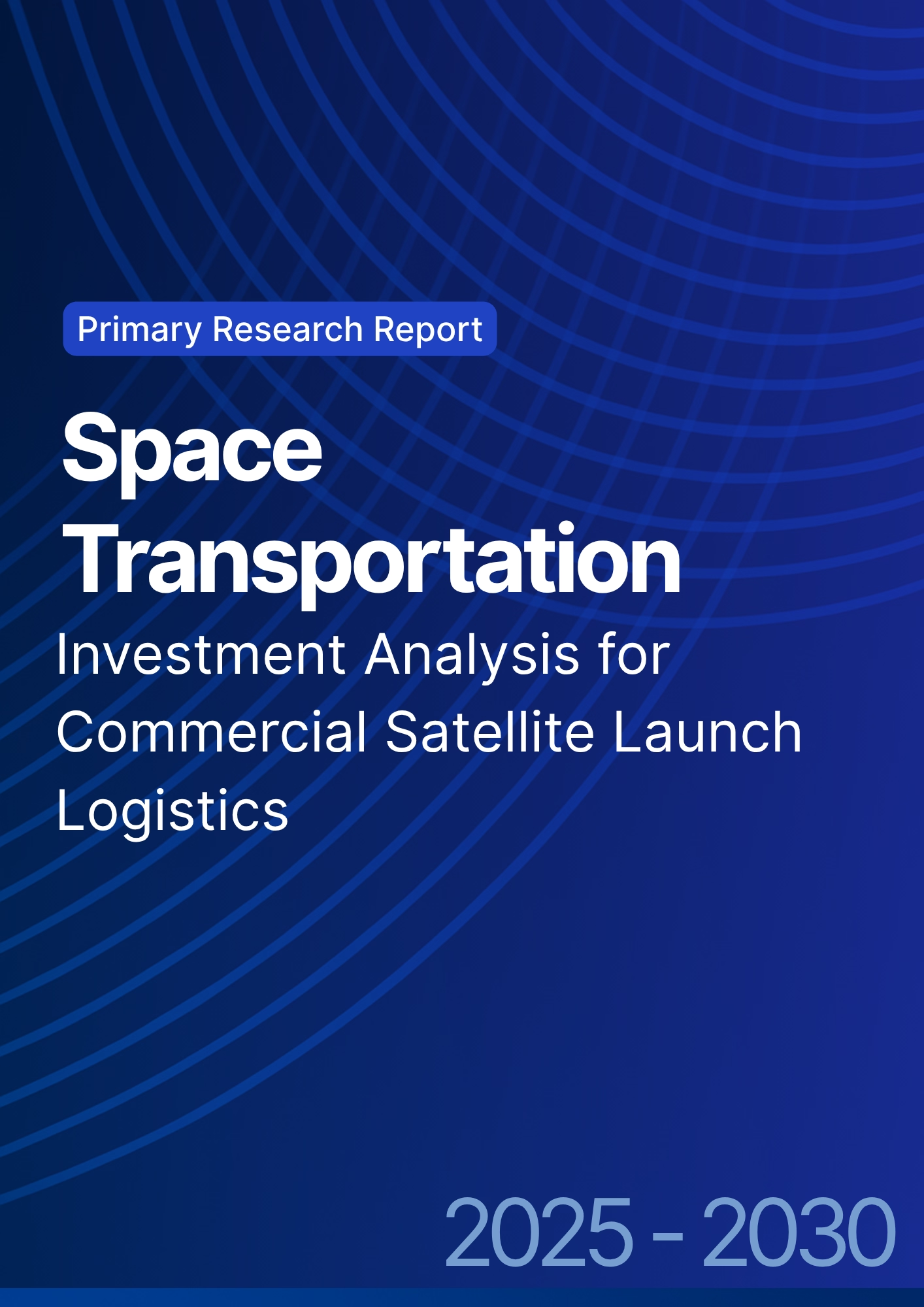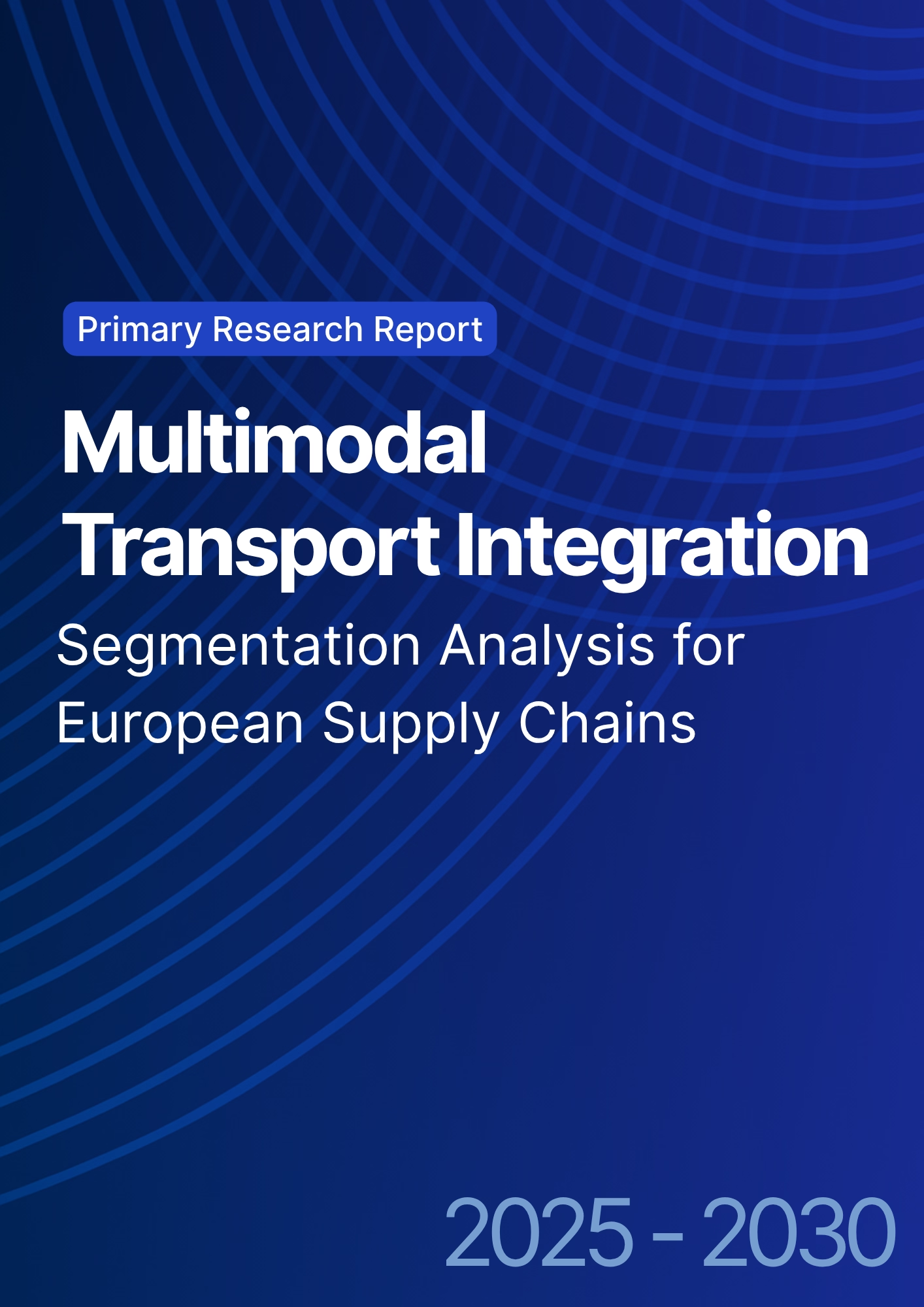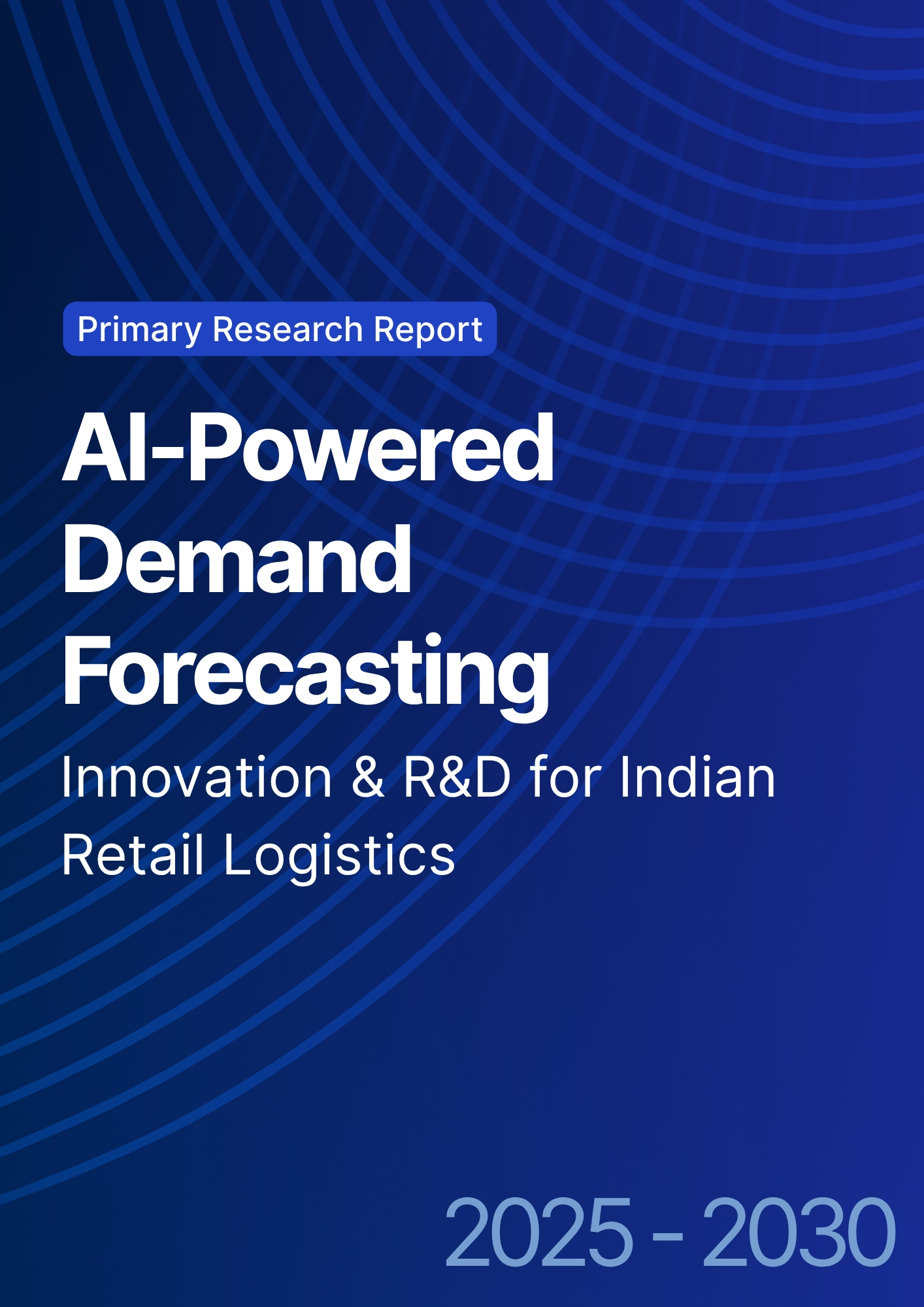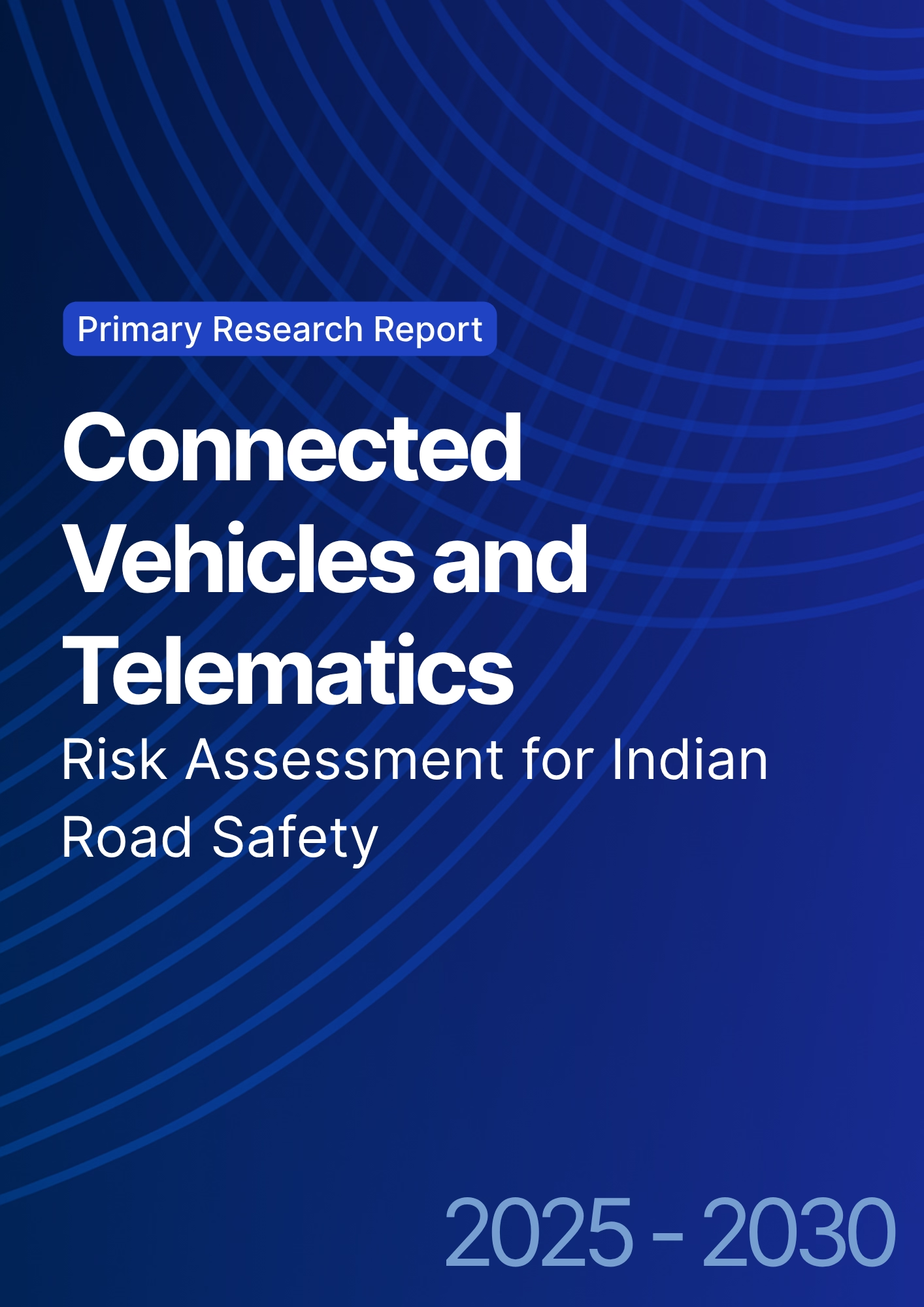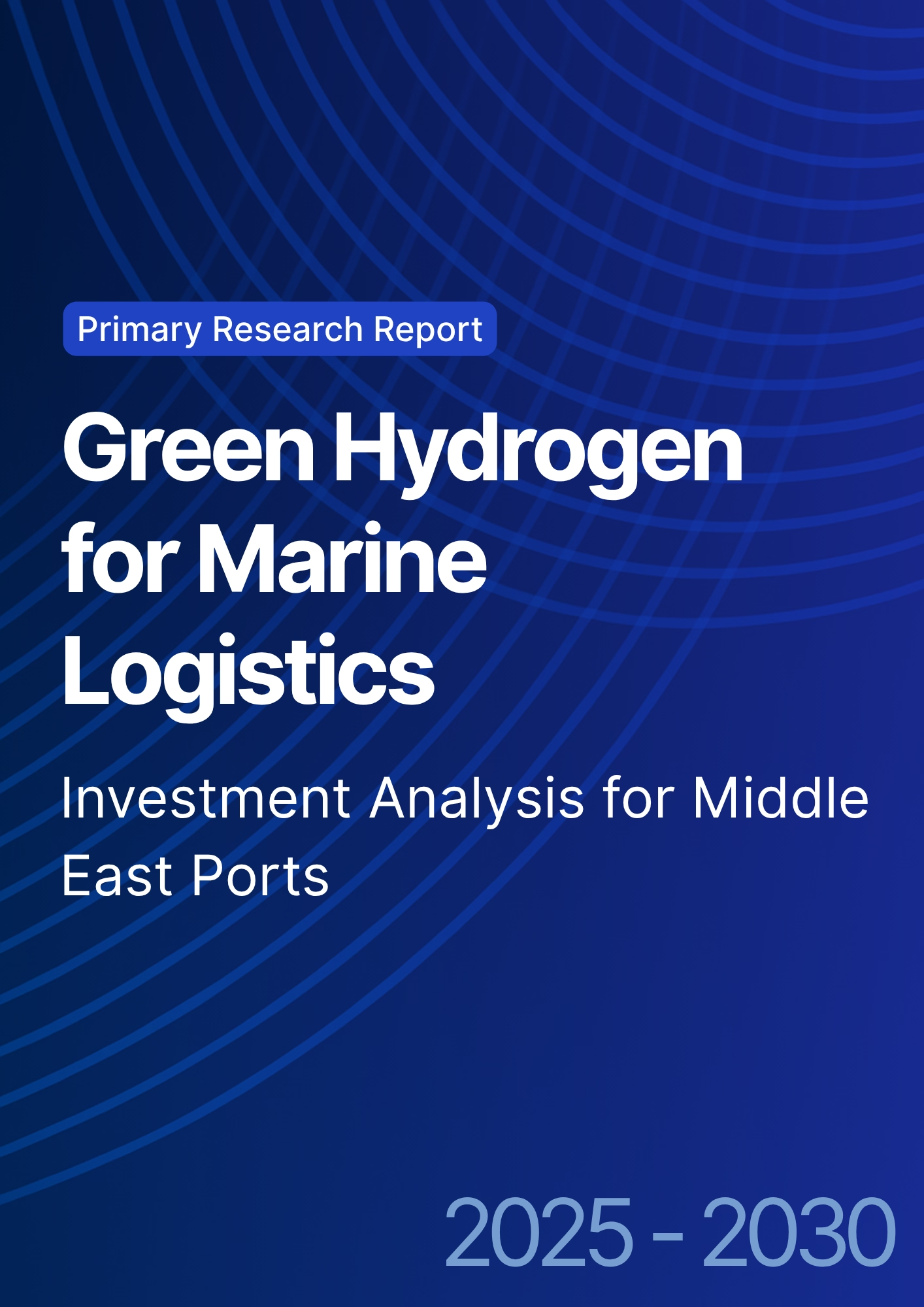

68 Circular Road, #02-01 049422, Singapore
Revenue Tower, Scbd, Jakarta 12190, Indonesia
4th Floor, Pinnacle Business Park, Andheri East, Mumbai, 400093
Cinnabar Hills, Embassy Golf Links Business Park, Bengaluru, Karnataka 560071
Connect With Us
Digital Freight Marketplaces: Transforming Air & Sea Logistics in Southeast Asia - Technological Advancements
Between 2025 and 2030, digital freight marketplaces (DFMs) in Southeast Asia are projected to grow from $3.8B to $14.5B (CAGR 30.8%), as logistics providers digitize procurement and real-time booking processes for air and sea freight. Singapore, anchoring 39% of regional trade volume, leads adoption through its NextGen Logistics Program and Smart Port 2030 initiative. DFMs are improving booking transparency (+46%), cost efficiency (−22%), and route predictability (+33%). By 2030, over 70% of regional freight forwarding transactions will be managed via platform-based marketplaces.
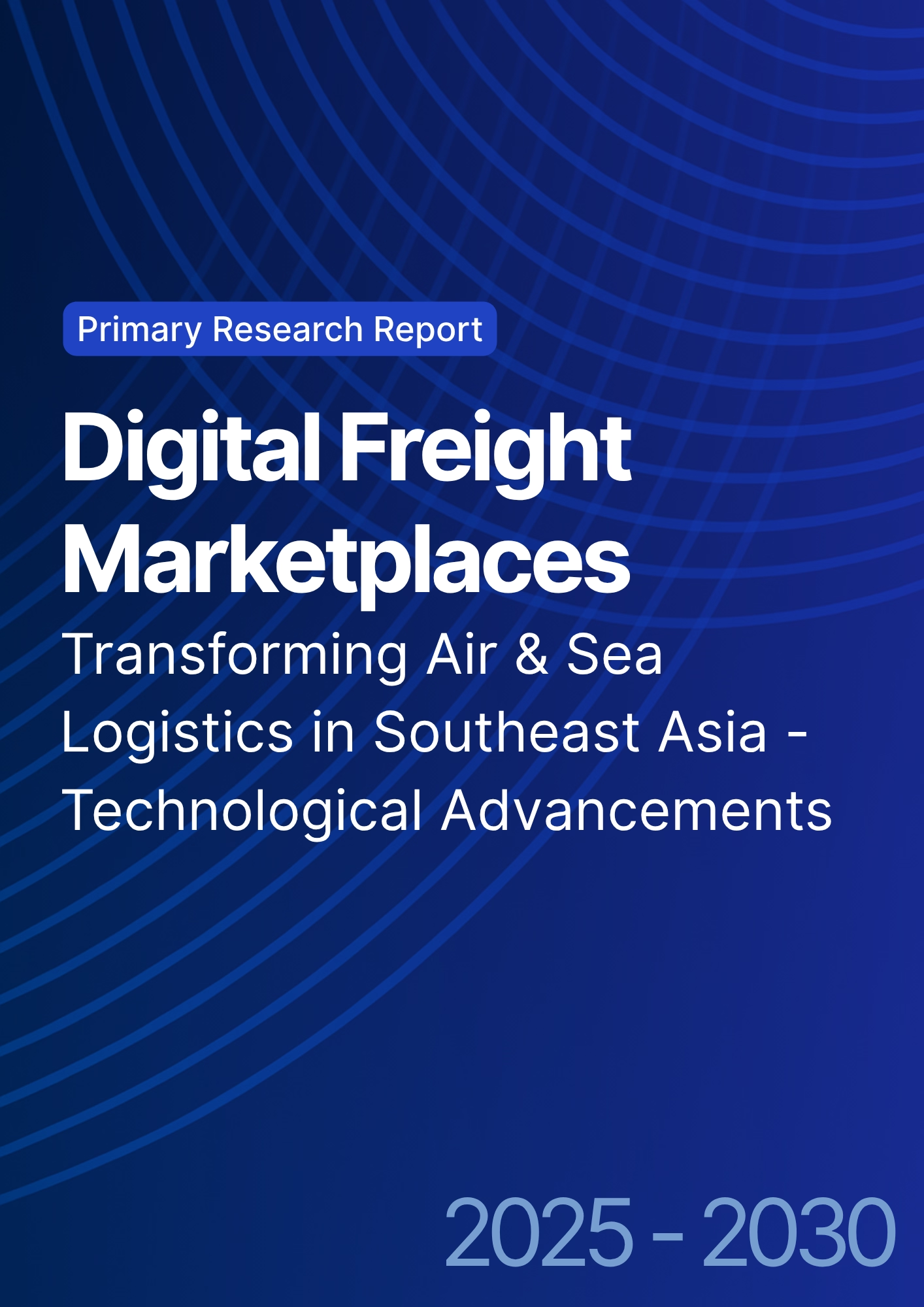
What's Covered?
Report Summary
Key Takeaways
- Market size: $3.8B → $14.5B (CAGR 30.8%).
- Singapore holds 39% of Southeast Asian DFM market share.
- Air & sea logistics digitization adoption up 4× since 2024.
- Booking transparency improved by 46% through smart contracts.
- Logistics cost savings average 22% via automated rate bidding.
- Platform usage reaches 70% of total freight forwarding by 2030.
- AI route optimization cuts transit time by 19%.
- Sea-air multimodal adoption up 27% regionally.
- Blockchain integration reduces dispute cases by 40%.
- Singapore’s Smart Port 2030 recognized as Asia’s top digital hub.
Key Metrics
Market Size & Share
The digital freight marketplace market across Southeast Asia expands from $3.8B in 2025 to $14.5B by 2030, achieving a CAGR of 30.8%. Singapore dominates with 39% share, leveraging TradeNet, Port Community Systems, and Changi Air Logistics Park integration. By 2030, 70% of regional air and sea freight transactions will occur digitally, up from just 18% in 2024. The rise of DFMs is redefining forwarding economics, enabling real-time booking, AI-driven rate optimization, and predictive capacity management. Freightos, Flexport, and Kuehne+Nagel’s eSea platform are setting global benchmarks replicated by regional players like Haulio, Portcast, and Ship60. AI-enabled rate engines now update live freight prices every 90 seconds, improving quotation accuracy by 37%. Smart contracts powered by blockchain reduce payment disputes by 40%. Singapore’s Smart Port 2030, integrated with Jurong Terminal Automation, facilitates data exchange across 80% of regional carriers. By 2030, DFMs will account for $14.5B in logistics value, anchoring Asia’s most transparent and data-driven freight network.
Market Analysis
Digital freight marketplaces are transforming logistics from manual coordination to algorithmic orchestration. The sector’s growth is accelerated by cloud-based infrastructure, 5G connectivity, and AI load optimization tools. Air freight digitization leads with 42% platform penetration, followed by sea freight (36%), as exporters seek pricing flexibility and carbon visibility. Dynamic freight bidding lowers spot-rate volatility by 22%, while AI predictive capacity models improve cargo load factors from 78% to 91%. Blockchain-backed documentation systems (used by Maersk TradeLens, CargoX, and DP World CARGOES) ensure secure, tamper-proof transactions. Singapore’s digital logistics infrastructure, integrating port, air cargo, and customs APIs, processes over 12 million shipment records daily, ensuring seamless multimodal synchronization. AI-driven fraud detection reduces erroneous or duplicate bookings by 38%, improving overall operational ROI. Regional startups are scaling rapidly—over $1.8B in venture capital flows into logistics tech between 2025 and 2029. By 2030, DFMs will define 65–70% of all logistics procurement, transforming Southeast Asia into a digitally autonomous trade corridor anchored in Singapore’s innovation ecosystem.
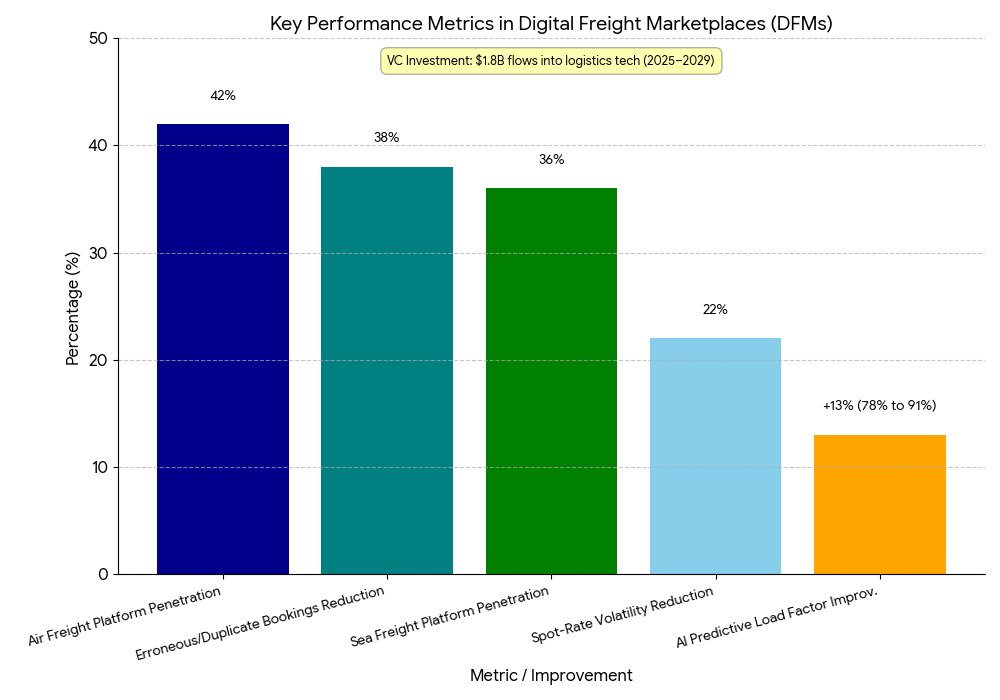
Trends & Insights
- Freight-as-a-Service (FaaS): Subscription-based booking models for SMEs increase market participation by 3.2×.
- Predictive Logistics: AI engines cut booking-to-delivery latency by 28%.
- ESG Freight Tracking: Carbon audit dashboards integrated into shipment management tools.
- Dynamic Carrier Aggregation: Real-time freight consolidation reduces empty container trips by 22%.
- API Connectivity: Open data frameworks link forwarders, customs, and ports through shared APIs.
- Integrated Sea–Air Workflows: Seamless routing between ocean and air segments improves transit speed by 19%.
- Digital Payment Gateways: Instant settlements via stablecoins reduce remittance time from 5 days to 2 hours.
- Cyber Risk Mitigation: Encrypted authentication reduces platform data breaches by 41%.
- Decentralized Rate Engines: Smart contracts enable verifiable pricing agreements.
- Venture-Led Expansion: DFMs attract cumulative investments exceeding $3.6B in Southeast Asia by 2030.
These shifts mark the digital convergence of freight and fintech, building a unified, traceable logistics marketplace.
Segment Analysis
Digital freight platforms segment into air cargo (41%), sea freight (37%), multimodal integrations (15%), and ancillary digital services (7%). Air freight DFMs dominate due to high-margin parcel trade and e-commerce exports, achieving 35% CAGR. Sea freight platforms like CargoX, Freightify, and Shipfinex manage over 2.8M TEUs annually, integrating predictive analytics to cut idle port time by 19%. Multimodal systems, linking air and sea freight under unified dashboards, see adoption grow 27% as logistics providers prioritize route flexibility. Ancillary services—carbon tracking, customs compliance, and trade finance APIs—generate $620M in revenue by 2030. Singapore-based startups, including Portcast and Haulio, lead software innovation in route visibility and fleet orchestration. Platform integration across Indonesia, Malaysia, and Vietnam expands cross-border air-sea continuity, enabling shipment cost savings of 15–22%. DFMs now represent a core operational pillar, reshaping how freight is procured, priced, and monitored across ASEAN logistics corridors.
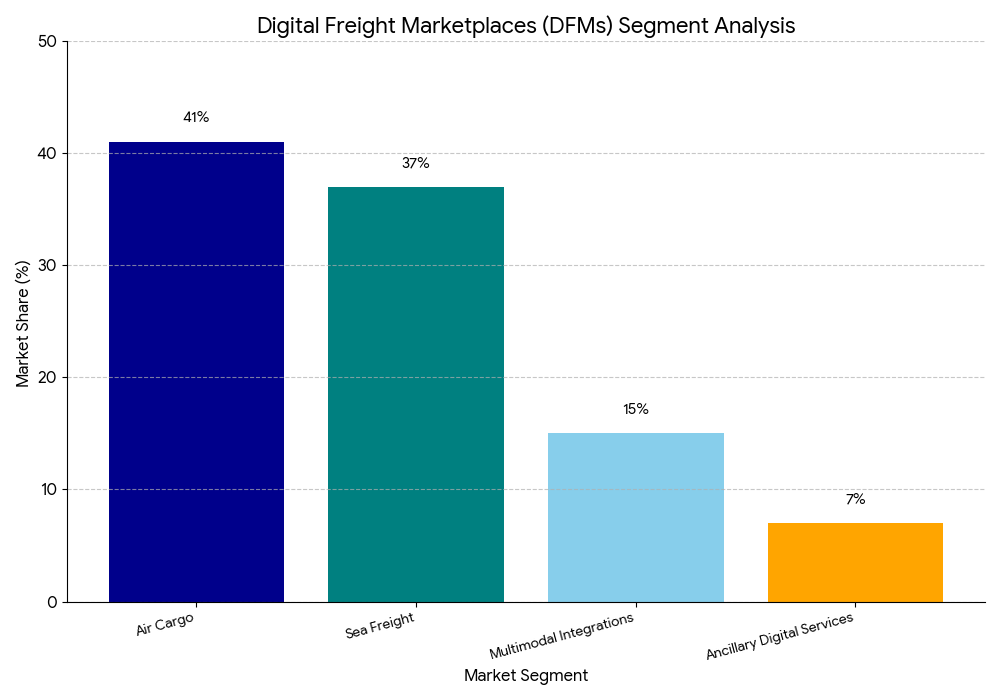
Geography Analysis
Singapore anchors Southeast Asia’s DFM growth, contributing 39% of the total market value and serving as a digital command hub for regional logistics data. Malaysia (19%) and Thailand (16%) are emerging contributors, while Vietnam (14%) and Indonesia (9%) accelerate adoption through government-supported digital corridors. Singapore’s TradeNet 2.0 platform integrates air, sea, and customs documentation, cutting clearance time from 22 to 14 hours. Malaysia’s Port Klang and Thailand’s Laem Chabang are piloting AI-powered freight marketplaces for maritime optimization. Vietnam’s Cai Mep and Tan Cang terminals deploy digital container yard visibility systems, reducing cargo dwell time by 26%. Indonesia, leveraging its 5G maritime network, increases remote cargo monitoring coverage 3.8× by 2030. Collectively, ASEAN’s digital trade ecosystem processes $1.2T in freight value, with Singapore serving as the central API-based logistics data exchange hub—bridging maritime, air, and customs stakeholders into one synchronized digital freight environment.
Competitive Landscape
The competitive landscape is led by global integrators, regional DFMs, and digital-first logistics startups. Flexport, Freightos, and Kuehne+Nagel eSea dominate international routes, managing 40% of digital freight flow in the region. Singapore’s Portcast, Haulio, and ShipsFocus serve mid-tier markets through AI-driven shipment visibility. Maersk TradeLens, CargoX, and DP World CARGOES spearhead blockchain freight authentication for port-to-port transparency. Regional carriers, including Singapore Airlines Cargo, PSA International, and SATs Air Cargo, are integrating directly with DFMs to improve digital traceability. Venture-backed platforms, such as Freightify, Logistiex, and Shipsy, are scaling SaaS freight procurement models for SMEs. Government initiatives like Smart Port 2030 and ASEAN Digital Trade Blueprint are boosting interoperability and API standardization. By 2030, the digital freight marketplace race will hinge on AI-driven decisioning, cross-border integration, and ESG compliance, cementing Singapore’s role as the world’s most advanced digital logistics hub.
Report Details
Proceed To Buy
Want a More Customized Experience?
- Request a Customized Transcript: Submit your own questions or specify changes. We’ll conduct a new call with the industry expert, covering both the original and your additional questions. You’ll receive an updated report for a small fee over the standard price.
- Request a Direct Call with the Expert: If you prefer a live conversation, we can facilitate a call between you and the expert. After the call, you’ll get the full recording, a verbatim transcript, and continued platform access to query the content and more.


68 Circular Road, #02-01 049422, Singapore
Revenue Tower, Scbd, Jakarta 12190, Indonesia
4th Floor, Pinnacle Business Park, Andheri East, Mumbai, 400093
Cinnabar Hills, Embassy Golf Links Business Park, Bengaluru, Karnataka 560071
Request Custom Transcript
Related Transcripts


68 Circular Road, #02-01 049422, Singapore
Revenue Tower, Scbd, Jakarta 12190, Indonesia
4th Floor, Pinnacle Business Park, Andheri East, Mumbai, 400093
Cinnabar Hills, Embassy Golf Links Business Park, Bengaluru, Karnataka 560071





